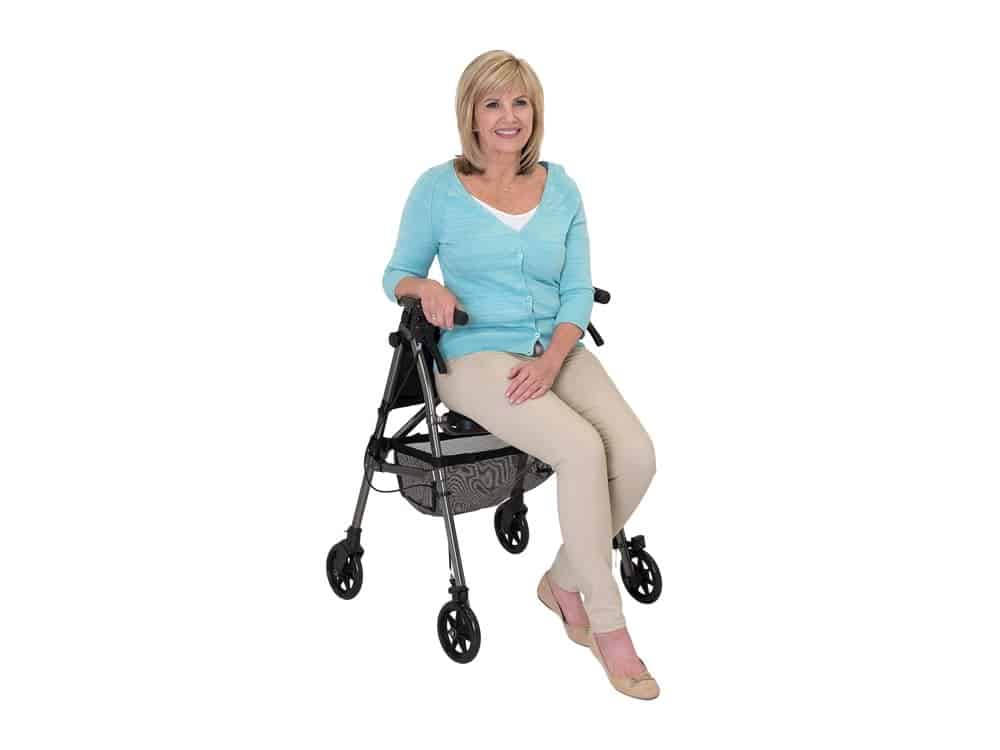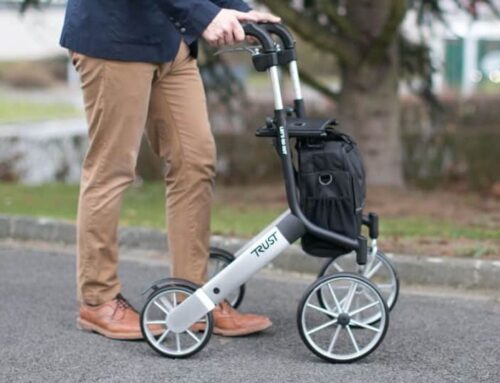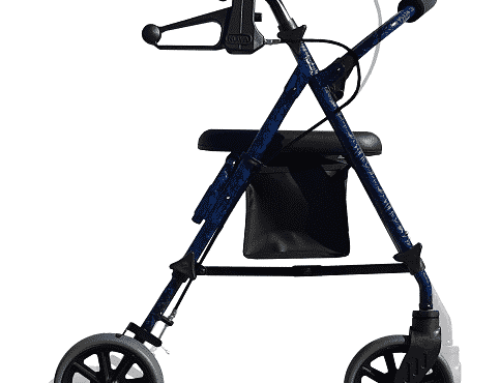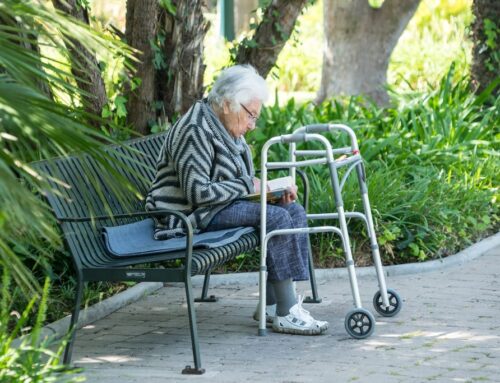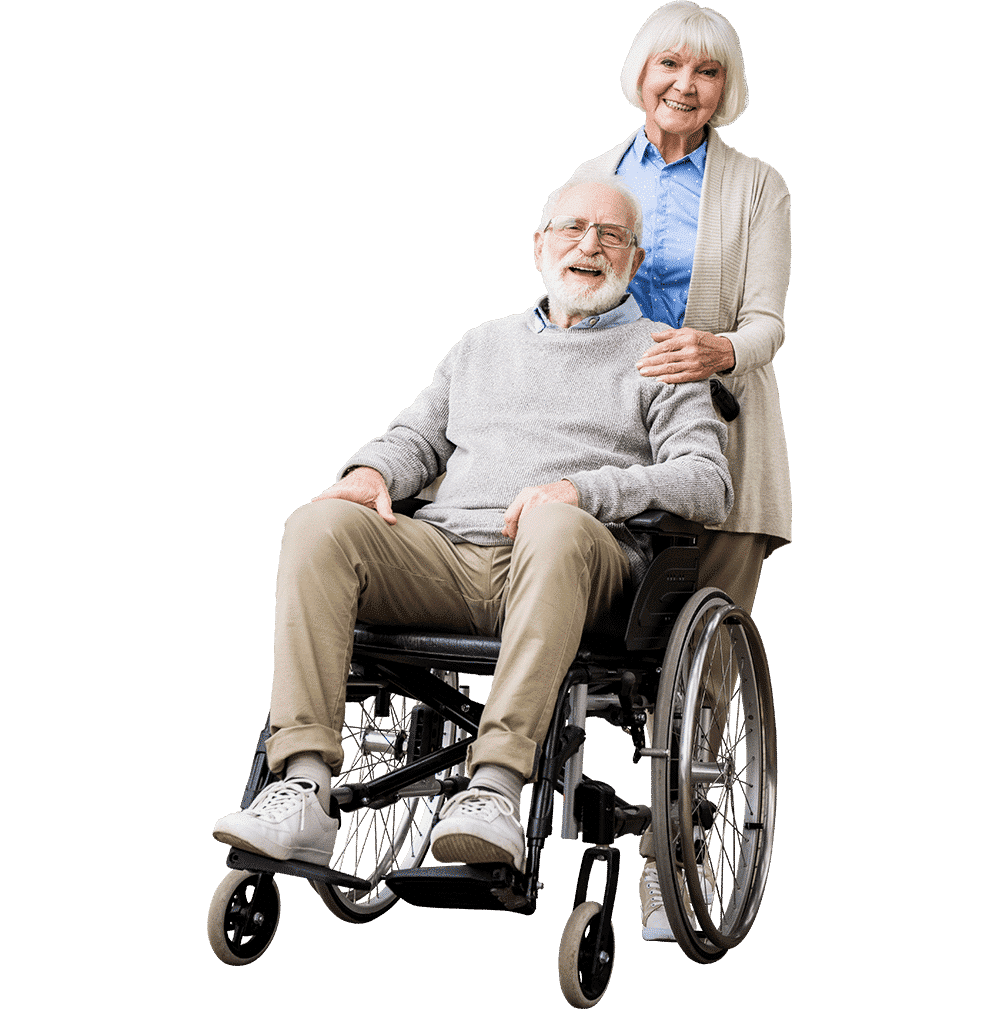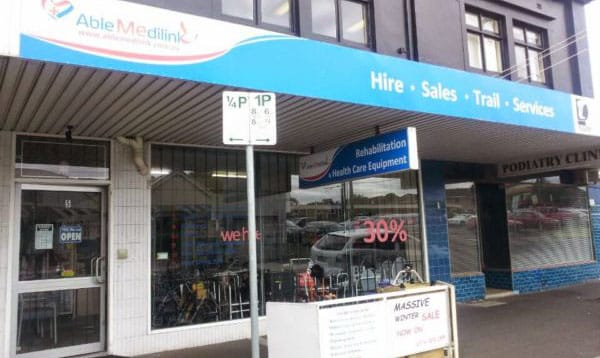Navigating the World of Rollators: Your Comprehensive Guide to Community Resources and Support
Rollators, often known as wheeled walkers, are more than just mobility aids; they are a gateway to independence and an enhanced quality of life for many Australians. At Able Medilink, located conveniently in Bentleigh, Melbourne, we understand the multifaceted needs of rollator users. This comprehensive guide aims to shed light on the various types of community resources and support available, ensuring safety, independence, and an enriched living experience for those relying on these invaluable walking aids.
Types of Community Resources and Support Available for Rollator Users
Community Resources for Rollator Users
Community resources play a vital and indispensable role in supporting rollator users. These valuable resources typically include access to skilled occupational therapists who specialize in providing expert advice on effectively and safely using a wheeled rollator. These professionals offer valuable insights into fall prevention strategies and ensuring that the rollator is optimally adjusted to support the user’s unique body weight and needs.
By leveraging these community resources, rollator users can enhance their mobility and overall well-being, fostering a greater sense of independence and confidence in their day-to-day activities.
Support Groups for Rollator Users
Support groups provide a valuable platform for rollator users to connect and share their experiences, tips, and words of encouragement. With the added support and guidance of healthcare professionals, these groups play a pivotal role in enhancing the mental and emotional well-being of individuals.
By fostering a sense of community and belonging, these groups create a nurturing environment where individuals can find solace, strength, and a shared understanding of their challenges and triumphs. Being part of such a community can significantly contribute to a sense of empowerment, resilience, and overall well-being.
Financial Assistance for Rollator Users
Financial assistance plays a vital role in providing support for rollator users, particularly when considering their long-term needs and requirements. In Australia, individuals can access NDIS funding, which offers the opportunity to cover a portion or the entire cost of a rollator. This funding option aims to make these indispensable mobility aids more accessible and affordable, ensuring that individuals can maintain their independence and enhance their quality of life.
Transportation Assistance for Rollator Users
Transportation can be a significant hurdle for rollator users. Community programs often provide special transportation services that accommodate mobility aids, ensuring users can travel safely and comfortably to various destinations.
Home Modifications for Rollator Users
Adapting a living space to suit the needs of a rollator user is vital for safety and independence. This can include installing ramps, widening doorways, and ensuring that the home environment is rollator-friendly.
Activities and Events for Rollator Users
Participation in a wide range of activities and events can greatly enhance the quality of life for rollator users. From community centers to organizations, there are numerous opportunities to engage in events that are specifically designed to be accessible and enjoyable for individuals using walking aids such as rollators and walking frames.
These events may include social gatherings, fitness classes, art workshops, and even outdoor excursions, providing a diverse range of experiences to cater to the interests and needs of rollator users. By actively participating in these activities, rollator users not only gain physical benefits but also enjoy a sense of community, social connection, and overall well-being.
How to Find and Access Community Resources and Support for Rollator Users
Finding and accessing community resources for rollator users, including those needing wheeled walkers or walking frames, requires some know-how. Here’s a comprehensive list to guide you through this process:
- Consult with Healthcare Providers: Occupational therapists and other healthcare professionals can provide valuable information about resources tailored to your needs, focusing on enhancing safety and independence.
- Explore Government Resources: Check government websites and offices for information on NDIS funding and other support programs specifically designed for individuals with mobility aids.
- Local Community Centers: Often, these centers have information about support groups, activities, and events for rollator users. They can also guide you towards transportation services that cater to individuals with mobility aids.
- Mobility Aid Suppliers and Retailers: Suppliers like Able Medilink not only sell mobility aids but also offer information about using them effectively. They can guide on accessing financial assistance and home modification services.
- Online Forums and Support Groups: Join online platforms where rollator users share their experiences and information about accessing community resources.
- Social Services and NGOs: Many non-governmental organizations provide assistance and information regarding long-term and short-term aid for rollator users.
- Councils and Local Government Bodies: They often have information about local transportation services, home modification assistance, and community activities that are rollator-friendly.
- Libraries and Information Centers: Libraries often have bulletin boards and information kiosks with flyers and brochures about local resources and support groups.
Benefits of Using Community Resources and Support for Rollator Users
The benefits of utilizing community resources and support systems for rollator users are profound and multifaceted:
- Enhanced Mobility and Independence: Resources like occupational therapy and properly adjusted rollators increase stability, reducing the risk of falls and fostering independence.
- Access to Financial Support: Understanding and accessing NDIS funding and other financial assistance programs can make acquiring and maintaining mobility aids like wheeled rollators more feasible.
- Emotional and Social Well-being: Support groups and community events provide social interaction and emotional support, which are crucial for mental health and quality of life.
- Safety in the Home: Information on home modifications ensures that living spaces are safe and conducive to the use of mobility aids, further promoting independence.
- Increased Knowledge and Skills: Learning from healthcare professionals and fellow rollator users about the best practices in using walking aids enhances the user’s ability to navigate different environments safely.
- Convenience in Transportation: Access to transportation assistance makes it easier for rollator users to attend appointments, social events, and run errands, enhancing their ability to participate in community life.
- Customized Solutions for Individual Needs: With the varied range of resources available, rollator users can find solutions that are specifically tailored to their individual needs and circumstances.
- Reduced Caregiver Burden: When rollator users can access these resources and gain more independence, it also eases the burden on caregivers and family members.
In essence, leveraging community resources and support systems not only improves the practical aspects of life for rollator users but also enriches their overall life experience.
Navigating Mobility Needs: Leveraging Community Resources and Able Medilink’s Expertise
In conclusion, harnessing the power of community resources and robust support systems is absolutely crucial in order to fully optimize the advantages offered by mobility aids, such as wheeled rollators. At Able Medilink, we firmly believe in our mission to empower our valued customers by equipping them with the knowledge and tools necessary to navigate these resources with ease. By doing so, we strive to enhance their safety, promote independence, and ultimately elevate their overall quality of life.
We wholeheartedly encourage our readers to not only share this comprehensive guide, but also to actively participate in the ongoing conversation. Feel free to reach out to us with any questions or concerns you may have, as our dedicated team of experts is ready and eager to assist you in discovering the best possible solutions tailored to your unique mobility needs. Together, let’s embark on this journey towards enhanced mobility and a life filled with greater possibilities.


